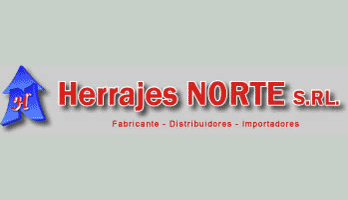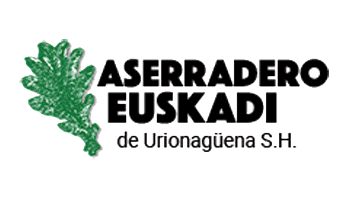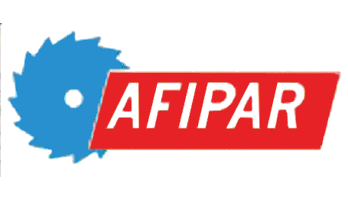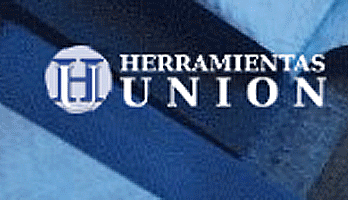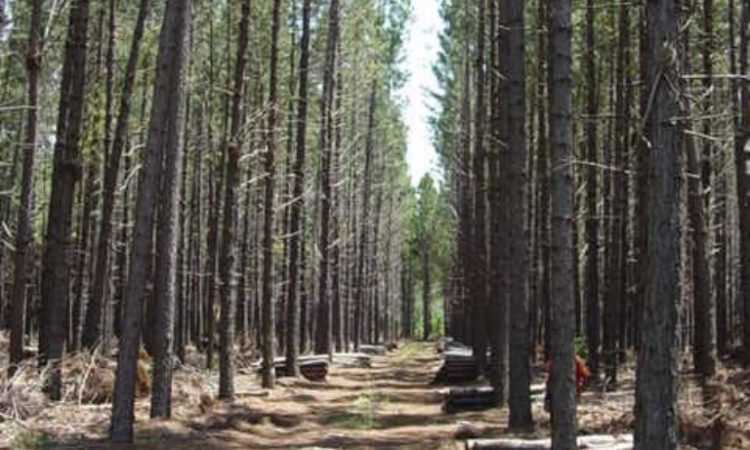
Free workshop on GIS information in forest plantations
It will address how to use the GIS information available in forest plantations.
Led by Matías Gaute, an agronomist with a postgraduate degree in Remote Sensing and GIS (FAUBA), and coordinator of the GIS Area of the National Directorate for Forestry-Industrial Development- SAGyP, a virtual workshop on GIS information on forest plantations will be held on Tuesday August 15, from 4:00 p.m. to 6:00 p.m.
A virtual workshop on GIS information in forest plantations on Tuesday, August 15, from 4 to 6 p.m., will be given by Matías Gaute. He is an Agricultural Engineer with a post-graduate degree in Remote Sensing and GIS (FAUBA) – Coordinator of the GIS Area of the National Directorate of Forestry-Industrial Development- SAGyP, and organized with the support of the Argentine Forestry Association (AFoA)
It will address how to use the GIS information available in forest plantations. Information boards, Cartographic Viewers and Monitoring and Characterization Systems of Forest Plantations in Argentina.
Registration: https://forms.gle/Tho2WzjDyM1mbHA26
When: TUESDAY, AUGUST 15 FROM 4 TO 6 PM.
Syllabus:
Introduction and context
Tools available on the SAGyP website
Discussion and answering of questions
conclusions
Duration: 2 hours
By ZOOM platform and also visible on the Youtube channel of the ARGENTINE FOREST ASSOCIATION

IT MAY INTEREST YOU
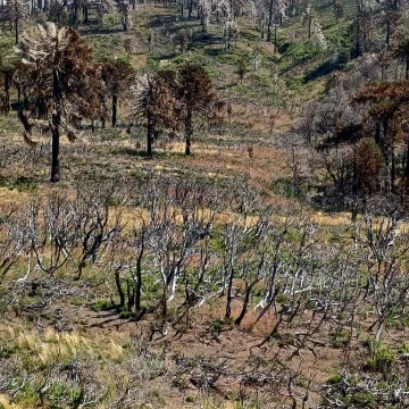 Specialists from 10 provinces develop forest landscape restoration strategies throughout the country
Specialists from 10 provinces develop forest landscape restoration strategies throughout the country
The program is developed by researchers from INTA, Conicet and the Argentine Wildlife Foundation.
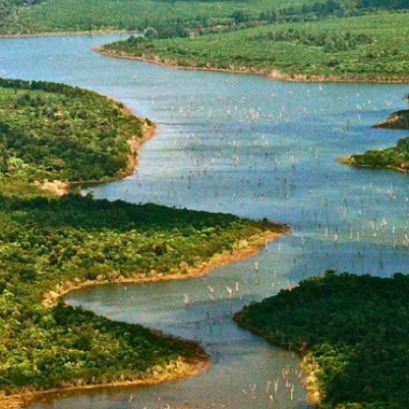 The second largest wetland in South America is located in Argentina: what is it?
The second largest wetland in South America is located in Argentina: what is it?
Argentina has national parks that place it in a unique position within South America, competing with 300 others. Which is the largest? South America is home to more than 300 national parks, but many go unnoticed. There are extensive wetlands that have been the subject of major ecological restoration projects, to coastal mountains with deep indigenous heritage. Today we tell you the case of one located in Argentina.
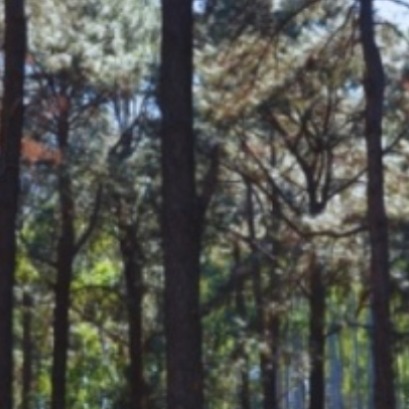 They promote research in pine resins from the NEA
They promote research in pine resins from the NEA
The forestry industry is one of the most important sectors in the economies of Misiones and Corrientes. Thousands of hectares of pine supply the paper, pulp, boards and sawmill industry. Pinus elliottii, one of the species established in the region, in addition to providing wood, is used to produce resin, a non-wood forest product with high demand in the chemical, pharmaceutical and cosmetic industries. In 2\024, resin extraction of approximately 52,6\0\0 tons was achieved from approximately 18,\0\0\0,\0\0\0 trees in production, generating income and jobs with high expansion potential.






